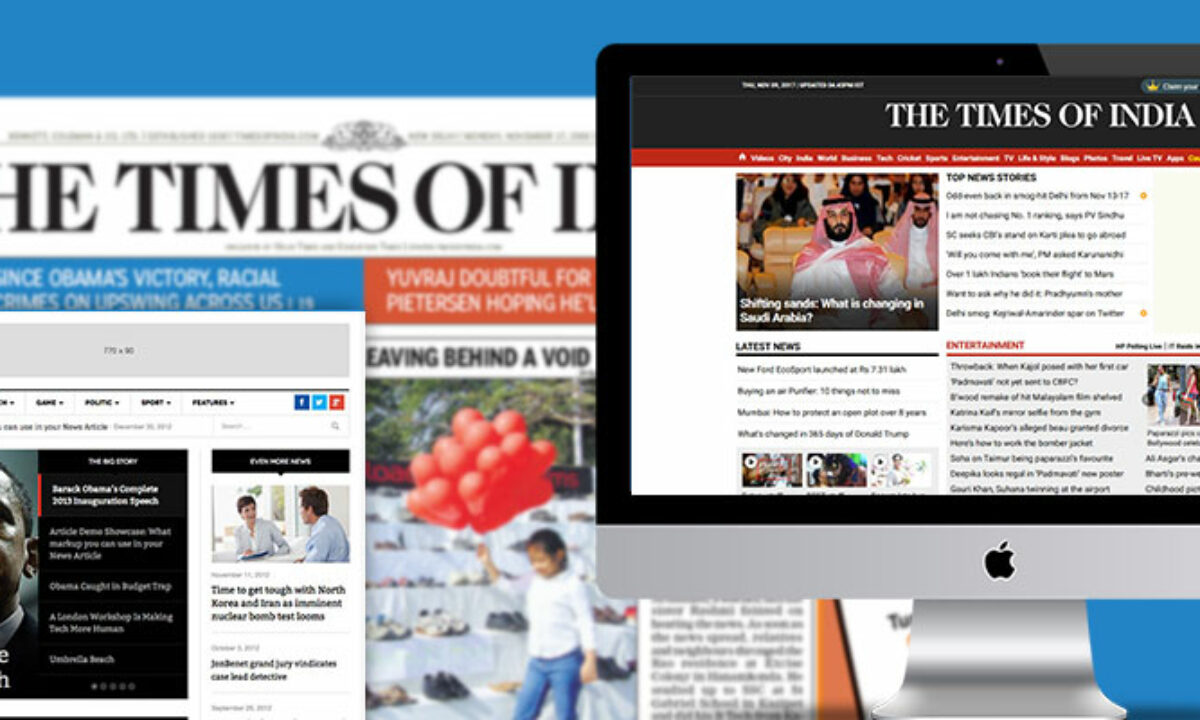The Basic Principles Of National News
The Basic Principles Of National News
Blog Article
Our National News Ideas
Table of ContentsThe Best Guide To National NewsLittle Known Questions About National News.The smart Trick of National News That Nobody is Talking AboutA Biased View of National News
There might be several reasons for this, including geography, language, market makeup, or the extent of political control that is exercised at a neighborhood degree. It is a different story in the UK (48% attached) and Japan (37%), which both have much more centralised political systems and where even more individuals live in big cities.Across countries, just around a 3rd (31%) understood that several commercial news electrical outlets were much less lucrative than they were a years ago and the bulk (53%) are not bothered with this. Simply a quarter (27%) would certainly support any type of government intervention to assist industrial media, with an additional 3 in 10 (29%) not having a sight on the concern.
Just how worried are you, if at all, concerning the economic state of commercial news organisations in your country? To the best of your expertise, which of the following best defines the economic state of business news organisations in your country? Should the federal government action in to assist industrial news organisations that can't make adequate money on their very own?
An Unbiased View of National News
There will certainly be stress to support many various parts of the economy over the following few years specifically health systems and education and learning. Provided the reduced levels of public awareness of the obstacles dealing with the business of news, and low degrees of support for federal government intervention and even more extensively reduced degrees of depend on in news in several countries it is unclear that it will be politically appealing to prioritise sustaining journalism at the cost of various other priorities that enjoy higher public recognition and support.
Base: Overall example in all markets: 92,372. We can hypothesize that this greater count on the news and in the resources people use themselves might be associated with considerable protection of Coronavirus. This might have made the information seem even more uncomplicated and fact-based at the same time as ejecting extra partial political news in some nations.
We can recut these figures to include the percentage that distrusts the news. In the United States there are more people that question the news than trust it, leaving a deficit of 15 points.
National News for Dummies
Political splits gas a lot of this mistrust in the United States, with those who self-identify on the right being even more than twice as likely to distrust the news compared to those on the left. Resentment and anger are stired by polarised TV networks such as right-leaning Fox News, One America News, and Newsmax and left-leaning CNN click here now and MSNBC.

Gender differences are maybe smaller than one may anticipate, but much more obvious among more youthful people. In Germany, we discover a comparable problem with 1824s and additionally with those on the right, that have weaponised terms like Lgenpresse (lying press) to express their sadness. National News. Throughout much of Western Europe we locate it is the 1824 age team that feels the very least fairly stood for by the media and also that there is as well little protection of the issues they care around
Everything about National News

Most additionally believe that news electrical outlets ought to try to be neutral on every issue (66%) yet a significant minority (24%) really feel that there are some problems where it makes no sense to attempt to be neutral.
Doubters suggest look these up that this strategy, when put on a problem like climate adjustment, can bring about a 'incorrect equivalence', where one set of views underpinned by strong scientific proof is 'well balanced' by sights that lack substantial support and therefore produce a false perception in the minds of the audience - National News. Regardless of this, practically 3 quarters of our sample (72%) felt it was far better to give the very same amount of time to various sights
Report this page